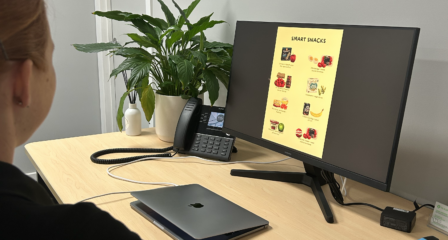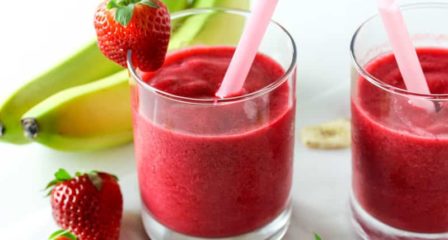
ADOLESCENT NUTRITION
GEELONG
Adolescent athletes are in a unique situation where they need to cater for training and competition demands whilst also needing to support the increased energy needed for growth and development. Therefore it is recommended athletes/active individuals adjust eating patterns to reflect daily exercise.
Adolescents also have an increased risk of deficiency in some nutrients due to higher requirements. An Accredited Practising Dietitian can provide advice to ensure nutrient needs are being met. Adolescents require the knowledge and support to develop a healthy lifelong relationship with food.
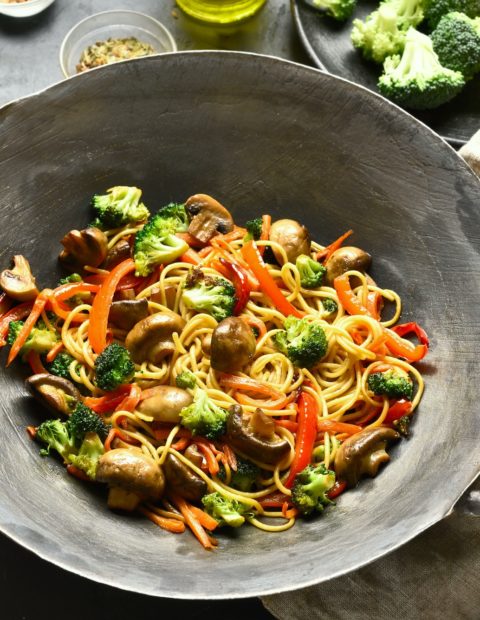
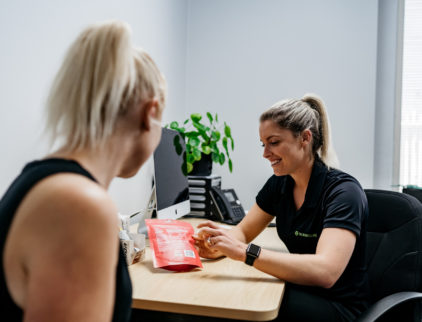
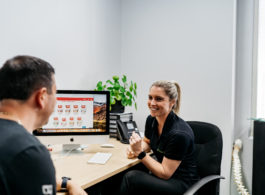
HOW CAN A DIETITIAN HELP AN ACTIVE ADOLESCENT:
- Provide recommendations to ensure nutrient needs are met to support growth and performance (in sport and school)
- Provide advice regarding supplement consumption
- Provide convenient, on the go snack ideas for between school and training and school lunch box recommendations
Parents are recommended to attend some consults with their child if they are responsible for shopping and cooking.
What to expect
With an emphasis on improving your overall nutrition knowledge and promoting positive habit development, an Accredited Sports Dietitian will aim to provide you with practical strategies, support and guidance to not only achieve your goals in sport but will to ensure optimal growth and development through adolescence.
Schedule your next visit
If you’re interested in booking an appointment with one of our team members, contact our clinic today and we’ll be happy to find time for a consultation.
Schedule Consult